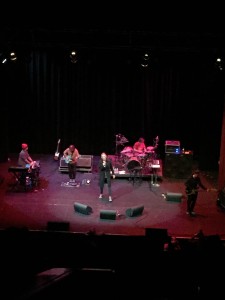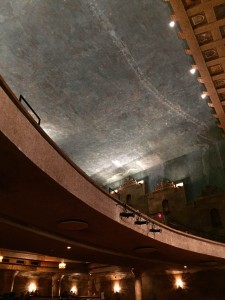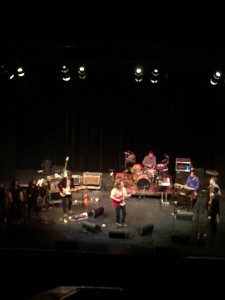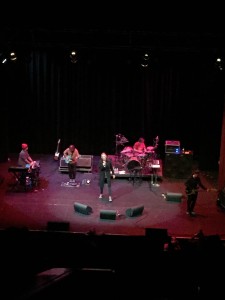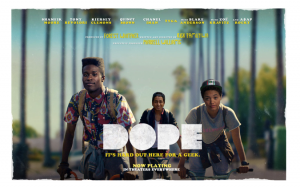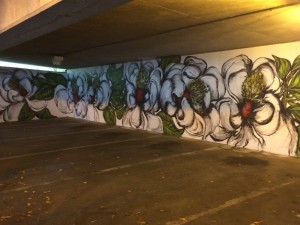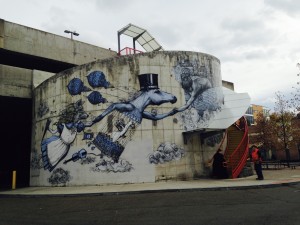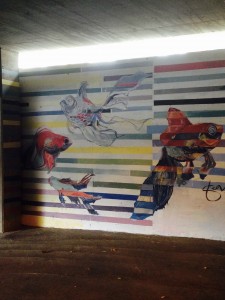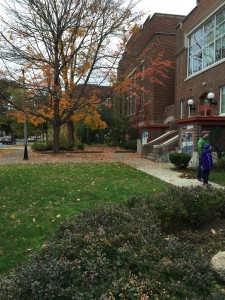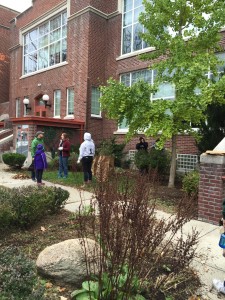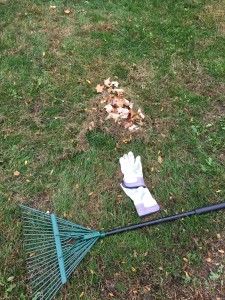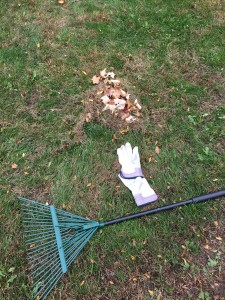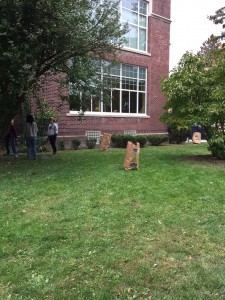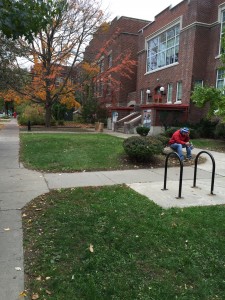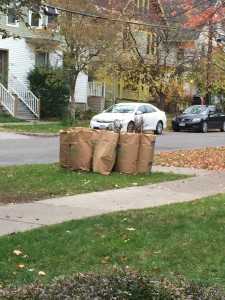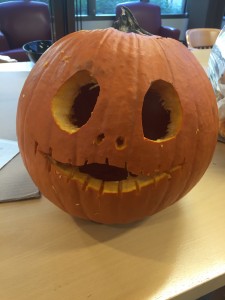Let’s face it. Cornell is hard, and it can also be very stressful. As a transfer student, adjusting to the academic rigor has been quite a challenge. I decided to take some helpful tips from the Tatkon center when I saw that I needed help. Since I have my Organic Chemistry prelim in less than 5 days, I put these to the test. These are the five tips I find the most helpful.
1. Write stuff down and make lists!
I know sometimes it can be tedious to write things down. However, I can promise you that nothing brings more personal satisfaction than waking up in the morning, writing down all the things you need to accomplish in the day, and then going to bed knowing you accomplished all you needed to do.
2. Don’t watch netflix/go out until you have accomplished the academic goals on your list
This is my golden rule. Sometimes I am tempted to go hang out with friends, but I know I have to read Ch.10, so I have to cross that off my list.
The downside of living in our technological age is the constant distractions……netflix, twitter, instagram… I can’t keep up! This brings me to my next helpful tip.
3. When you study, put that phone away!!
Studies have shown that every time you look at your phone, you take away 10 minutes of your study time. The “Do not Disturb” options on iphones is a great tool. Or, you can take the road less traveled like I did and downgrade that iPhone to a flip phone and see how much more productive you will become!
4. Go to office hours!
Getting to know your professors and talking to them is not only helpful but also, motivational.
5. Study Groups!!
Getting together with a group not only great for making friends, but, you can also learn new things and view the material from a different angle. It also avoids that “I think I’m just gonna stay in my dorm and study” situation….yeah right, we all know that if you stay in your dorm, you’re going to watch netflix. So get out of your dorm, go to the library, and make that study group happen!!
For more information on how to work more efficiently, get more sleep, prepare better for prelims, and manage distractions, go to the Tatkon Center.

